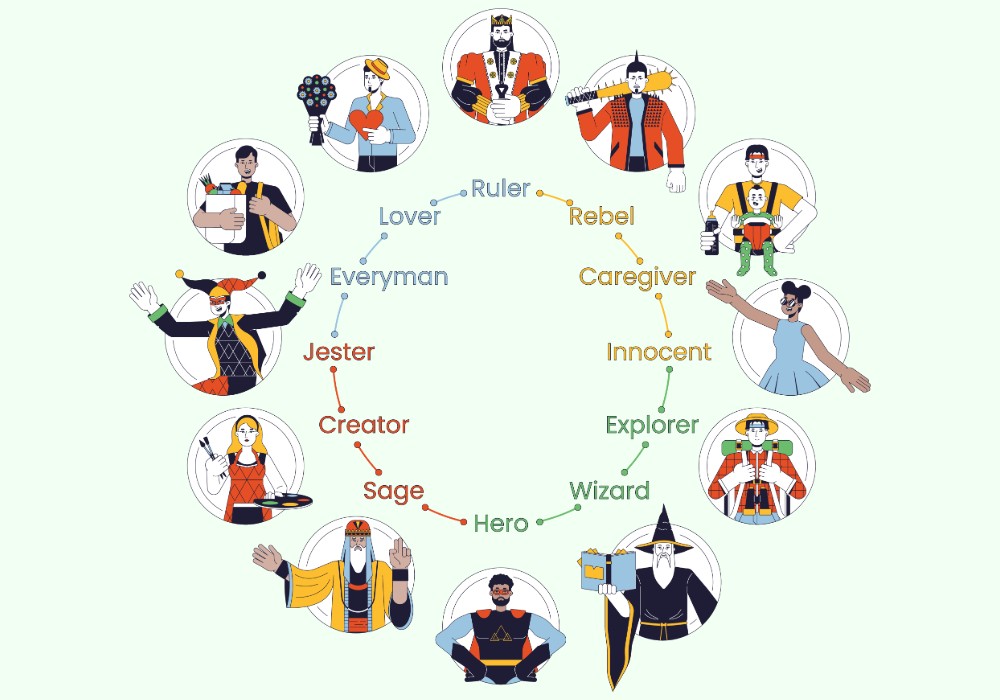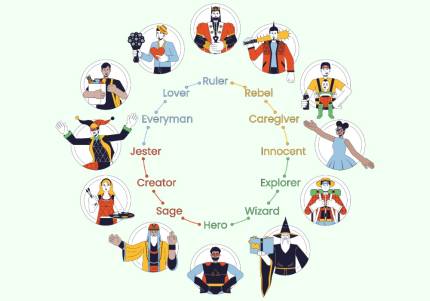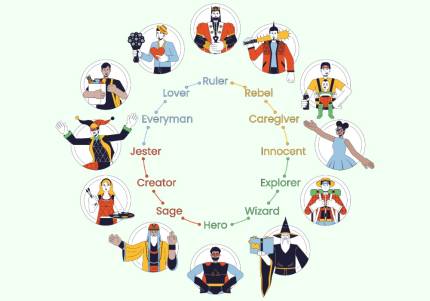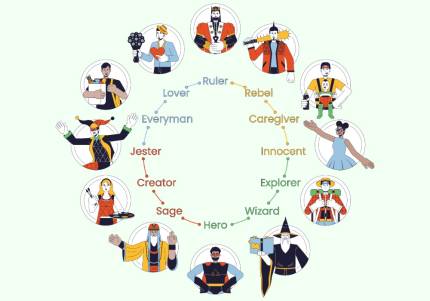DIY Personality Tests: Should You Make Your Own?
- 14 May 2025

In an age where self-discovery is highly valued, DIY personality tests have gained significant popularity. Creating your own assessment tools can be an enlightening exercise, but comes with both advantages and potential pitfalls. This article explores whether developing personalized personality assessments is worthwhile and what factors to consider before embarking on this psychological journey.
Benefits of Creating Your Own Personality Tests
Designing your own personality assessment provides a unique opportunity to explore aspects of human psychology that particularly interest you. Unlike standardized tests, DIY versions can be tailored to specific contexts or questions you find personally meaningful.
- Personalization: Focus on traits or behaviors most relevant to your specific questions about yourself
- Flexibility: Modify questions as you learn more about personality psychology
- Educational value: The creation process itself deepens understanding of psychological concepts
- Cost-effectiveness: Avoid fees associated with proprietary assessment tools
Validity Concerns and Limitations
While creating your own personality test can be rewarding, it's important to acknowledge the significant limitations of homemade assessment tools compared to scientifically validated instruments developed by professionals.
| Professional Tests | DIY Tests |
|---|---|
| Validated through extensive research | Lack scientific validation |
| Controlled for biases and subjectivity | Often reflect creator's biases |
| Standardized scoring systems | Potentially arbitrary interpretation |
| Normed against population samples | Limited comparative context |
Best Practices for Creating DIY Personality Assessments
If you decide to create your own personality test, following certain guidelines can help improve its usefulness and minimize potential issues:
- Research existing frameworks - Build upon established personality theories rather than starting from scratch
- Define clear constructs - Be specific about exactly what trait or characteristic each question addresses
- Use balanced scaling - Include equal numbers of positively and negatively worded items
- Test with others - Gather feedback from diverse individuals to identify potential biases
- Acknowledge limitations - Be transparent about the informal nature of your assessment
Ethical Considerations
Creating personality tests carries responsibility, especially if you plan to share them with others. Consider potential impacts on test-takers, particularly regarding sensitive psychological topics. Avoid diagnostic language or claims that your test can identify mental health conditions, which should only be assessed by qualified professionals.
Remember that even well-designed DIY tests should be treated as exploratory tools for personal growth rather than definitive psychological evaluations. They work best when complementing professional assessments rather than replacing them.
Conclusion
DIY personality tests can be valuable self-discovery tools when approached with appropriate expectations. The process of creating such assessments can deepen your understanding of psychological concepts and provide personalized insights. However, recognizing their inherent limitations is essential. For serious psychological assessment needs, professionally developed and validated instruments remain the gold standard. Consider your DIY personality test a starting point for exploration rather than a definitive measurement tool.



